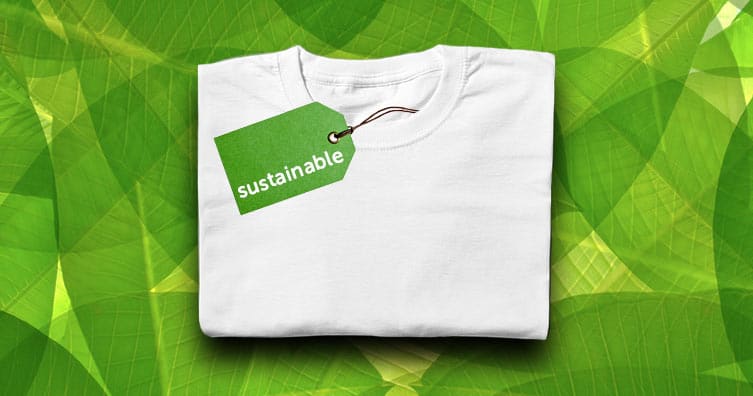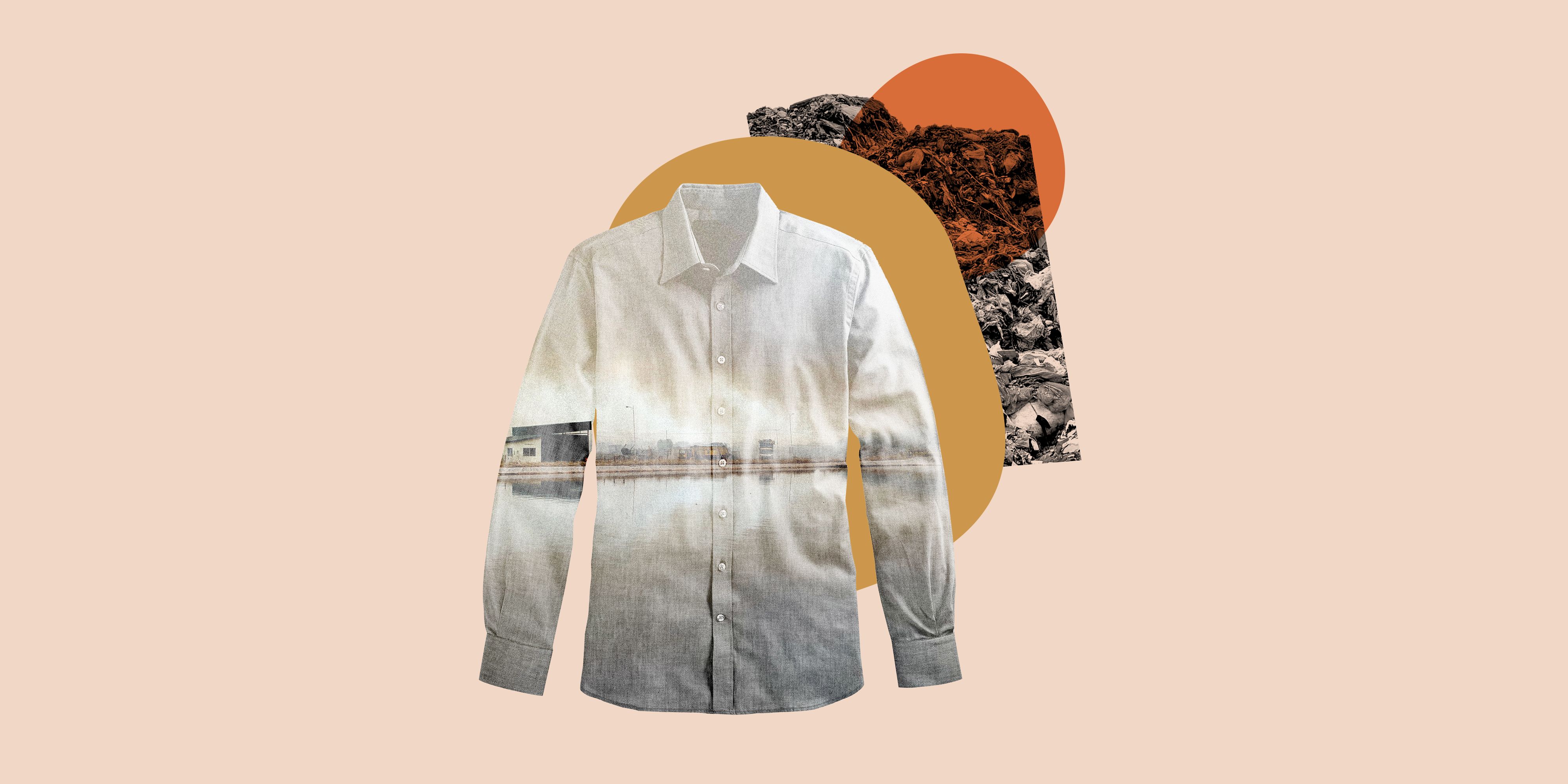Cape Town Sustainable Fashion: Redefining Design with Ethical Options
Cape Town Sustainable Fashion: Redefining Design with Ethical Options
Blog Article
Stay Ahead of the Contour by Discovering Cutting-edge Style Fads
In a sector as vibrant as style, remaining in advance entails greater than just adhering to current trends-- it demands an exploration of technology. Smart fabrics, as an example, are changing garments right into functional work of arts, while 3D printing is transforming layout procedures with its customizable, waste-reducing capabilities. As sustainability becomes a foundation, technologies like environmentally friendly products and circular fashion practices are improving environmental responsibility - Cape Town Sustainable Fashion. In addition, the merging of modern technology and fashion declares a brand-new period of consumer interaction. Just how, then, can these arising patterns redefine the future of style, and what effects do they hold for brands seeking to thrive in this advancing landscape?

Accepting Smart Textiles
Over the last few years, the style sector has actually experienced a transformative shift with the assimilation of smart fabrics, an innovative development that mixes modern technology with material. This evolution stands for not just a combination of aesthetics and performance but additionally a substantial leap in the direction of sustainability and customization in vogue. Smart fabrics, additionally referred to as e-textiles, installed advanced electronic devices such as sensors and conductive threads within the textile, making it possible for garments to interact with the setting or the user.
These textiles are developed to keep an eye on physical specifications, such as heart price or body temperature, giving real-time health and wellness analytics. Beyond wellness applications, smart textiles are likewise being utilized for adaptive apparel, which can alter color or pattern in response to environmental stimuli, therefore supplying a vibrant style experience.
Moreover, the development of energy-harvesting textiles that produce power from motion or sunshine is leading the way for self-dependent wearable technology. This innovation is appealing to environmentally aware consumers and developers intending to decrease the eco-friendly footprint of fashion. As study and growth in this field advancement, wise fabrics are expected to become progressively widespread, reshaping the landscape of modern-day fashion with their multifunctional capacities.
The Surge of 3D Printing
Transforming the production landscape, 3D printing has actually arised as a game-changer in the apparel industry. This advanced innovation has actually made it possible for developers to push the boundaries of creativity, producing complex and tailored garments that were previously inconceivable. By leveraging digital design and additive production, 3D printing assists in the production of complicated geometries and patterns, enabling designers to trying out brand-new appearances and structures.
A notable benefit of 3D printing in vogue is its capability to produce on-demand, minimizing waste and lowering inventory requirements. This performance not just optimizes production processes yet also permits fast prototyping, allowing developers to bring their visions to life in a much shorter duration. In addition, 3D printing supports customization to a degree unmatched by typical techniques, offering distinct designs and tailored fits customized to specific consumer choices.
The rise of 3D printing has also democratized fashion, making it available to emerging developers that can now fabricate top notch pieces without significant economic investment in standard manufacturing facilities. As technology remains to breakthrough, the apparel industry is positioned to harness the complete possibility of 3D printing, exploring brand-new products and methods that will unquestionably redefine how style is conceived and created.
Lasting Fashion Technologies
As the apparel industry grapples with the pushing need for ecological obligation, sustainable fashion advice developments have emerged at the leading edge of transformative change. The expanding understanding of ecological effect has actually fueled a shift in the direction of even more eco-conscious practices and materials. Brand names and designers are now focusing on sustainability, including approaches that reduce waste and lower carbon impacts.
One significant advancement is the rise of circular fashion, which stresses recycling and upcycling to prolong the lifecycle of garments. This technique not just decreases waste yet likewise encourages consumers to embrace a more conscious technique to apparel intake.
An additional development lies in my response the fostering of cutting-edge dyeing strategies that use natural dyes or waterless processes, consequently minimizing the huge amounts of water and chemicals traditionally utilized in fabric dyeing. Additionally, developments in biotechnology have brought about the development of lab-grown natural leather and textiles, providing environmentally pleasant and cruelty-free options to conventional products. With these introducing initiatives, the fashion sector is making meaningful strides towards a more lasting future.

Tech-Integrated Clothing
Tech-integrated garments represents a groundbreaking combination of style and technology, reshaping how individuals interact with their garments. This ingenious domain is marked by the incorporation of smart textiles and ingrained digital parts, improving both performance and visual charm. From physical fitness trackers embedded in sports apparel to warmed coats managed through mobile phone applications, tech-integrated clothing provides customers unprecedented comfort and versatility.
Introducing brands are driving this trend, concentrating on developing garments that react to environmental stimulations or individual commands. For instance, some garments can transform shade or pattern in reaction to temperature shifts, while others include biometric sensors to keep an eye on health metrics like heart price or stress and anxiety levels. The smooth integration of technology right into fabrics likewise encompasses ecological sustainability, with efforts to create self-cleaning fabrics hop over to these guys or garments that get used to weather, therefore lessening the demand for multiple layers.
In addition, the introduction of wearable innovation is not just restricted to apparel but encompasses accessories like watches and glasses, more expanding the range of tech-integrated fashion. As the sector remains to innovate, the potential for customization and customization in garments expands, using consumers one-of-a-kind, tech-enhanced fashion experiences that deal with their individual needs and choices.
Future of Virtual Fashion
Recently, the future of virtual style has emerged as a transformative pressure within the industry, leveraging advancements in digital technology to redefine exactly how style is created, experienced, and taken in. By integrating enhanced truth (AR), virtual truth (VR), and 3D layout devices, developers can currently craft immersive and interactive experiences that go beyond conventional fashion borders. Virtual fashion enables the development of garments that exist only in digital environments, offering endless opportunities for advancement without the constraints of physical manufacturing.
This digital change not only provides opportunities for creative expression yet likewise addresses sustainability worries inherent in standard style techniques. Cape Town Sustainable Fashion. By getting rid of the need for physical sources, online style reduces waste and reduces carbon impacts. Additionally, the increase of online style lines up with the increasing consumer demand for customized and unique experiences, as virtual garments can be personalized and customized to specific choices easily

Final Thought
The fashion industry's future lies in the combination of ingenious innovations and lasting methods - Cape Town Sustainable Fashion. Smart textiles and tech-integrated apparel are enhancing capability, while 3D printing supplies possibilities for modification and waste reduction. Sustainable fashion, with environmentally friendly products and circular approaches, shows a commitment to ecological stewardship. In addition, virtual fashion is positioned to redefine consumer communications. Adapting to these fads is necessary for brand names seeking to stay affordable and relevant in this swiftly progressing landscape.
In recent years, the fashion market has witnessed a transformative change with the integration of clever textiles, a cutting-edge innovation that mixes technology with fabric.As the style sector grapples with the pressing demand for ecological responsibility, sustainable fashion technologies have emerged at the leading edge of transformative modification.In recent years, the future of digital style has actually emerged as a transformative force within the sector, leveraging innovations in digital innovation to redefine exactly how fashion is created, experienced, and consumed. The increase of digital fashion straightens with the enhancing customer need for tailored and one-of-a-kind experiences, as digital garments can be tailored and customized to private choices with simplicity.
The style sector's future lies in the assimilation of cutting-edge technologies and lasting practices.
Report this page